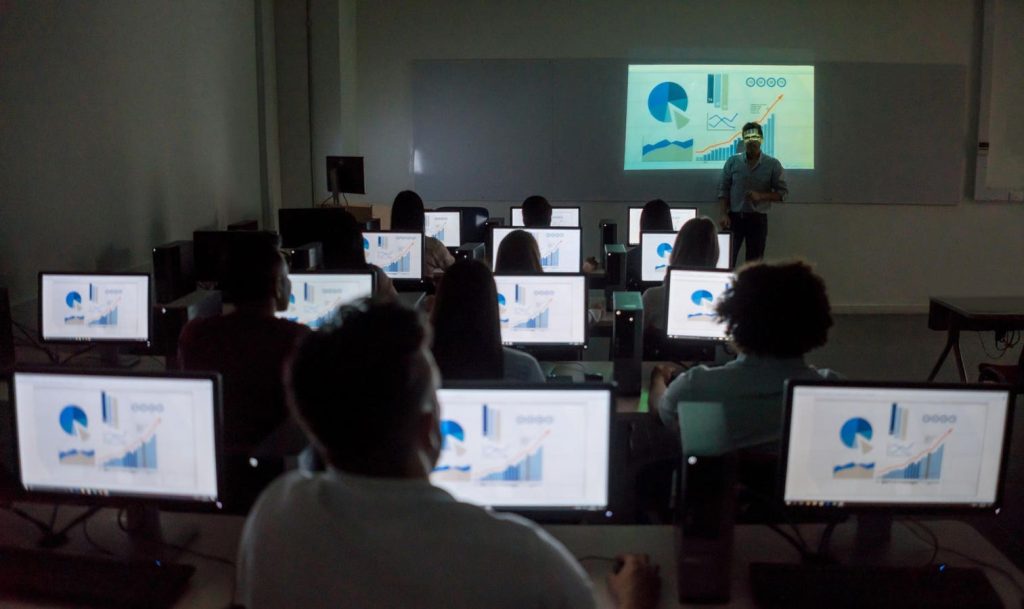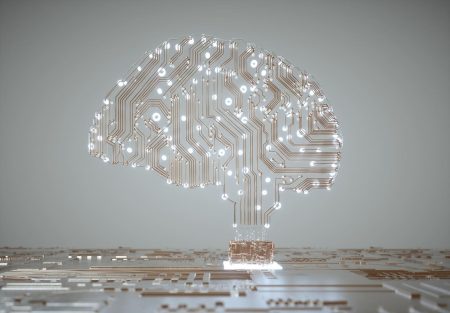How do economists measure the broader social impacts (economic growth, health outcomes, etc.) of schooling? originally appeared on Quora: the place to gain and share knowledge, empowering people to learn from others and better understand the world.
Answer by Alex Eble, Professor at Columbia University, on Quora:
The broader impacts of education can be studied by examining education’s effects on two key areas: 1) the individuals who receive the education, 2) the other individuals, environment, and society around them.
First, looking at the individual who received the education, educated individuals have better economic performance on a wide range of outcomes spanning employment, wages, and career advancement (Card, 1999). This is true both in white collar work and in other parts of the labor market. In agriculture, for example, workers with literacy and higher levels of skills gained in school are better at choosing which crops to plant, how much fertilizer to use, how to operate machinery correctly, which ultimately increase the yields of their crops (Reimers and Klasen, 2013).
Beyond financial impacts, education has other positive effects on the individual. Studies show those who are educated tend to live healthier lifestyles, lowering their mortality and morbidity rates (Lleras-Muney, Galama and van Kippersluis, 2018). They are also more likely to participate in civic duties like voting (Sondheimer and Green, 2009), and are more resilient to shocks to employment from recessions, like that we experienced during the first year of the Covid-19 pandemic (Buermann et al., 2021).
Second, looking at the societal effects of education, research has shown that when a person receives more education, this also spills over into broader benefits for their neighbors and those living in the same society.
The first and most commonly cited example is that better-educated individuals have lower incidences of violent and property crime, with clear implications for the quality of life of those who live around them (Lochner, 2020). Productive individuals also enable others around them to be more productive. This is part of why talented professionals cluster in certain cities, and why urban planning policies often aim to accelerate this network effect – see, for example, the clustering of software experts in Silicon Valley, and the goal of many mid-sized cities to attract “technology clusters.”
The intergenerational impacts of education are among the most important benefits education can bring. We know that children of college-educated parents are more likely to also attend college themselves (Black, Devereux, and Salvanes, 2005). Furthermore, these children are more healthy, both as children and then later as adults, and reap a wide range of other later life benefits (Kaushal, 2014).
It’s important to note that while most economic analyses examine the benefits of traditional schooling and college systems – mostly because their outcomes are easier to quantify than informal or on-the-job learning – this does not mean that informal and non-traditional learning processes may not have similar effects, it’s just that we know less from research about their likely benefits.
Interestingly, we also know that education is not always beneficial. For example, education can be detrimental if it is of low quality. In Italy, research found that very children who attended a low-quality government-run pre-school were worse off than those who received no schooling at all in this period of life (Fort, Ichino, and Zanella, 2020).
In summary, there are a wide range of broader social impacts of education which have been measured by economists, ranging from greater civic participation, lower crime, higher levels of personal and intergenerational economic upward mobility, and improved health outcomes for the person and their children.
This question originally appeared on Quora – the place to gain and share knowledge, empowering people to learn from others and better understand the world.
Read the full article here









